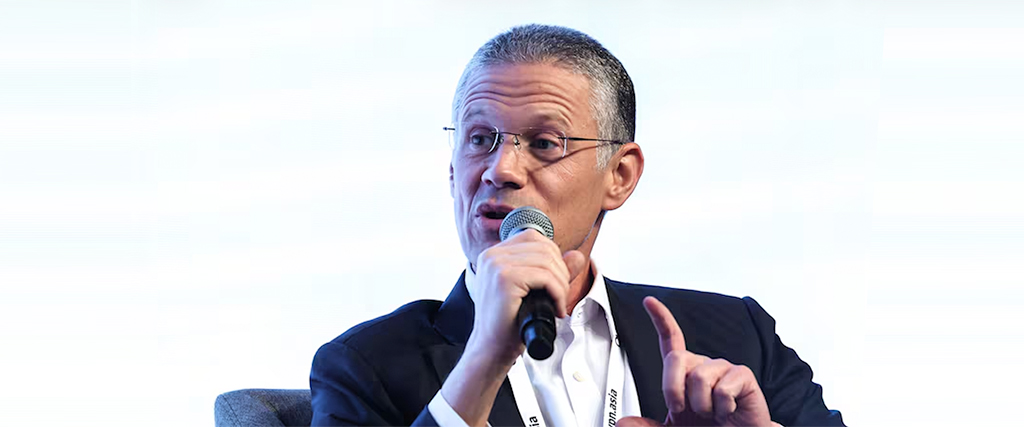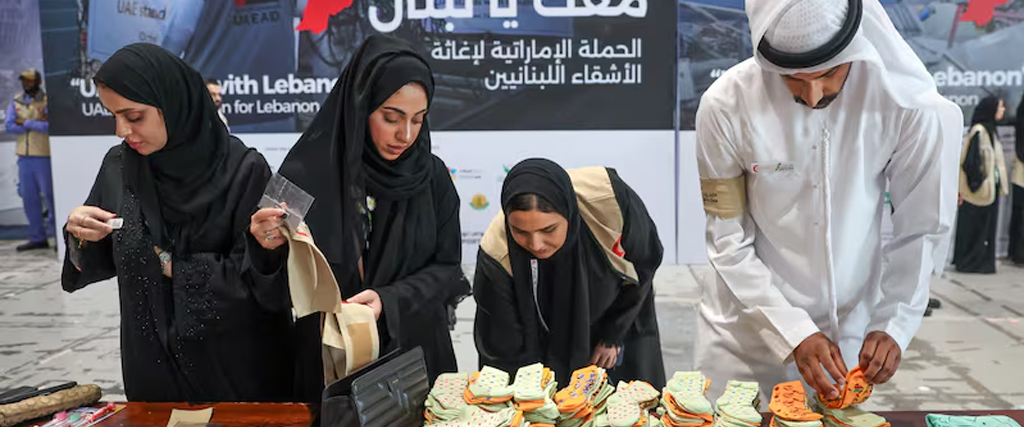Accelerating Next Generation Philanthropy
One of the most prominent business trends over the last decade has been the rise of start-up incubators and accelerators. There are now hundreds of them around the world, including at least fifteen in the UAE alone. These engines of development, that are designed to help entrepreneurs develop, fund, and commercialise their ideas, have become so ubiquitous that no depiction of the modern economy is complete without them.
For entrepreneurs, the benefits are numerous. Incubator and accelerator programmes offer mentorship and support by industry veterans and investors, structured opportunities to learn and develop valuable business skills, and access to a vibrant ecosystem that is conducive to collaboration and attracting talent. Many such programmes also selectively fund promising start-ups while providing exposure to the venture investor community at large.
The model clearly works: global success stories such as Uber, Airbnb, and Dropbox are among a slew of others that were beneficiaries of some form of structured incubation or acceleration in their early years.
Even the public sector has taken notice, with governments around the world turning to a growing range of accelerator programmes designed to foster innovation and entrepreneurialism within the sector. The July 2018 report Move Fast and Fix Things published by the RSA Lab estimates that there are now over 75 accelerator labs dedicated to public entrepreneurship around the world, in places as diverse as Toronto, Nairobi, Lima, and Helsinki.1
Closer to home, the Dubai Future Accelerators links up entrepreneurs, start-ups, and public sector organisations to “co-create” solutions to local and international social and environmental challenges, while encouraging them to use the city of Dubai as a “living testbed” for their ideas.
One sector, however, lags behind in the incubation and acceleration of innovative and tech-driven solutions to established problems: philanthropy.
That’s not to say that technology isn’t impacting philanthropic giving. It is. You need only look at platforms such as GlobalGiving and GiveDirectly, which have successfully embraced technology to bring greater efficiencies to the public donation process, as a sign of what is to come.
In fact, the time I have personally spent working on philanthropy tech initiatives has only deepened my belief that there lies a tremendous opportunity for widespread technological ‘disruption’ to bring higher levels of trust to the critical donor-beneficiary nexus, and fundamentally strengthen the non-profit sector. I’m convinced that an entrepreneurial approach could catalyse this positive disruption.
This is why I would love to see, and stand ready to collaborate in launching, an incubator or accelerator platform in our region that specifically caters to individuals and organisations with innovative philanthropic ideas and ventures.
Such a platform would prioritise concepts that leverage technology to boost philanthropic impact and address other key sector dynamics, such as transparency and efficiency, as well as encourage greater collaboration. Moreover, it would also promote a healthy culture of tolerance for risk, and a recognition that accepting the occasional failure is a requisite for innovation and uncovering the best-in-class solutions of the future – even in the philanthropic sector.
Ultimately, some ideas will come to fruition at scale, others will not. Whatever the success rate, the sector itself and the millions impacted by it will greatly benefit from its adoption. It would also make the region’s non-profit sector a more attractive option for young professionals that yearn to work in a high-impact, creative and fast-paced environment.
I have no doubt that the next great philanthropic innovation is out there in our region. One example with great potential is a digital platform under development that I am excited to be collaborating with global partners on. This particular innovation seeks to dramatically enhance efficiency, transparency, and accountability of impact in Islamic almsgiving, which is estimated to generate between USD 200 billion and USD 1 trillion in charitable donations every single year.
Over the past two years, I have also witnessed the development of SME4H (SMEs for Humanity), which leverages technology to engage small and medium-sized enterprises in targeted efforts to address the world’s mounting humanitarian needs. We hope to pilot this solution in Jordan later this year.
Between individual alms-givers, family foundations, humanitarian aid, and development grants, the global philanthropic system has hundreds of billions of dollars of capital flowing through it. By channelling some of this funding towards the incubation of novel ideas that advance systems change within the sector, the mentoring of the next generation of philanthropists, and the ‘beta testing’ of pioneering models for philanthropy, we have the opportunity to generate a multiplier effect on impact within this vital sector.
What are we waiting for?
1 https://www.thersa.org/globalassets/pdfs/reports/move-fast-and-fix-things.pdf p.16
–
As published in Arabian Business on 14 March 2019

 Tweets by @BadrJafar
Tweets by @BadrJafar




Very timely – thanks!
I really enjoyed your talk at last year’s AUS forum on family business that Rodrigo put on… glad to see that you are accelerating 🙂 your efforts in social innovation!